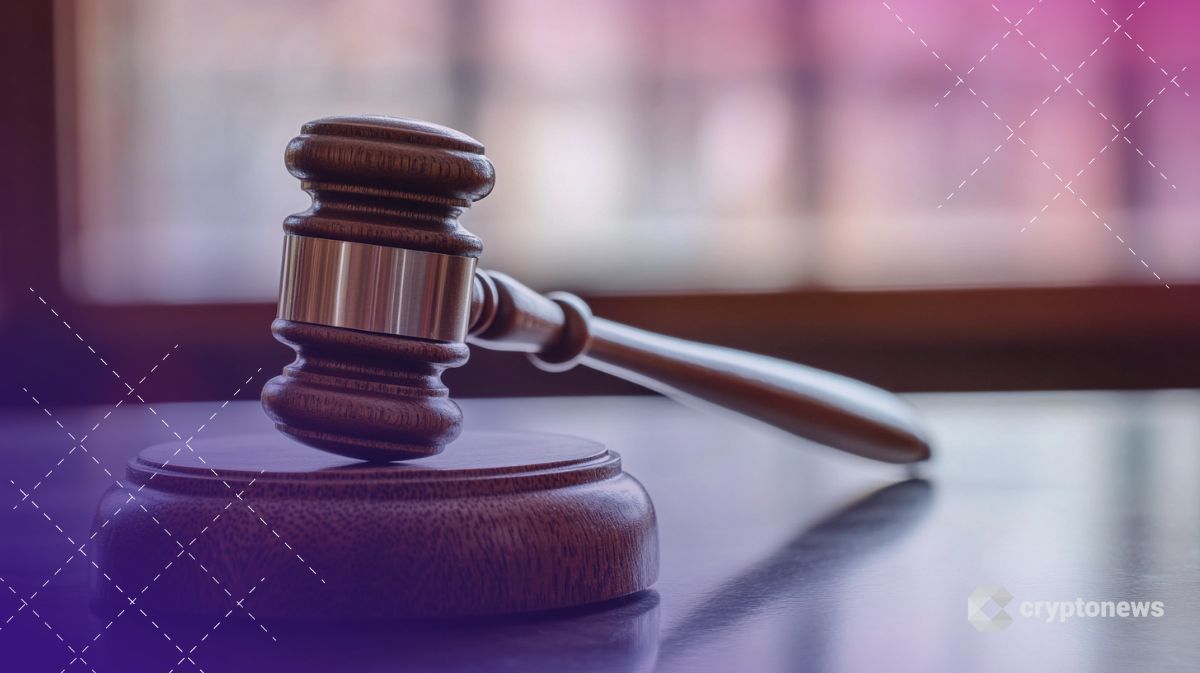UNI rises as Uniswap Foundation's DUNI proposal hints at fee switch unlock
- Uniswap Foundation proposes to implement the DUNI governance structure, inspired by Wyoming's DUNA legal framework.
- DUNI could enable Uniswap to activate protocol fee switch, establish off-chain partnerships, and facilitate fund innovation.
- UNI is up 2% over the past 24 hours following the announcement.
Uniswap (UNI) saw a 3% gain on Monday following Uniswap Foundation's DUNI governance proposal, which aligns with the state of Wyoming's Decentralized Unincorporated Nonprofit Association (DUNA) Act. The proposal outlines the potential development of a legal governance framework for Uniswap under the Wyoming Act, while enabling the exchange to turn on revenue sharing with users.
Uniswap Foundation sets eyes on DUNI DAO structure
The Uniswap Foundation unveiled plans to establish a new legal entity for its governance organization called DUNI, modeled on Wyoming's DUNA framework.
The DUNA Act establishes a legal framework that allows DAOs to operate as recognized nonprofit entities, offering them legal status and liability protections.
"Congrats to Uniswap for setting down roots in Wyoming! Our state's laws for digital assets are best-in-class, and I commend the Wyoming Legislature for its foresight in creating decentralized nonprofit associations," said Wyoming Senator and crypto supporter Cynthia Lummis in an X post on Monday.
DUNI would place Uniswap DAO's operations within a formal legal structure, allowing it to work with service providers, sign contracts, and meet regulatory requirements, all while maintaining decentralization.
"This new legal entity, called 'DUNI', will be purpose-built to preserve Uniswap's decentralized governance structure while enabling engagement with the offchain world," Uniswap Foundation wrote in the proposal.
The Foundation noted that it has been seeking to address the lack of off-chain infrastructure and legal protections for Uniswap's governance.
DUNI addresses some of these lapses, including allowing DAOs to adjust protocol fees, which have been a difficulty for years due to regulatory concerns.
Uniswap Foundation previously stated in its "Uniswap Unleashed" proposal earlier that it plans to develop and support the UVN validator and staker network. If DUNI is adopted, it would introduce a governance proposal for delegators to earn protocol revenue.
The proposal also allocates $16.5 million in UNI to cover past tax liabilities and establish a "legal defense budget." The Foundation estimates its IRS settlement for taxes of previous years will be under $10 million if the proposal is executed.
It also intends to use $75,000 in UNI as payment to Cowrie for its services as a compliance administrator.
The move comes as US regulatory agencies are softening the environment around crypto, with Securities & Exchange Commission (SEC) Chair Paul Atkins recently announcing "Project Crypto."
Uniswap's v2 Developer docs were also featured in the White House's crypto report, noting the current government's interests in advancing DeFi.
UNI saw a 2% gain over the past 24 hours following the announcement.
You May Also Like

Terraform Co-Founder Do Kwon to Plead Guilty in $40B UST Fiasco

‘No One Wants ETH in the Long Run’—Samson Mow Warns of BTC-Driven Pump and Dump
